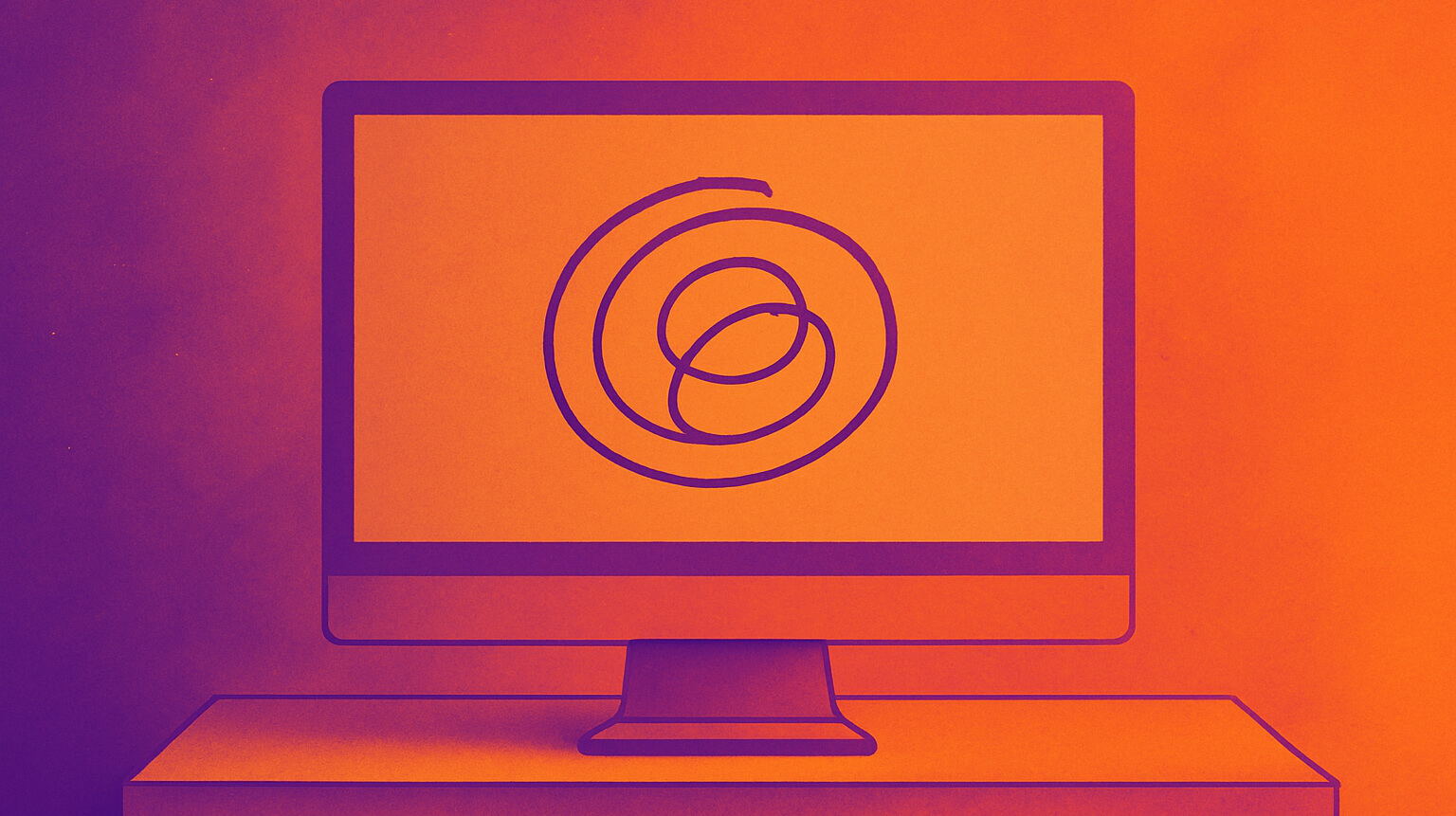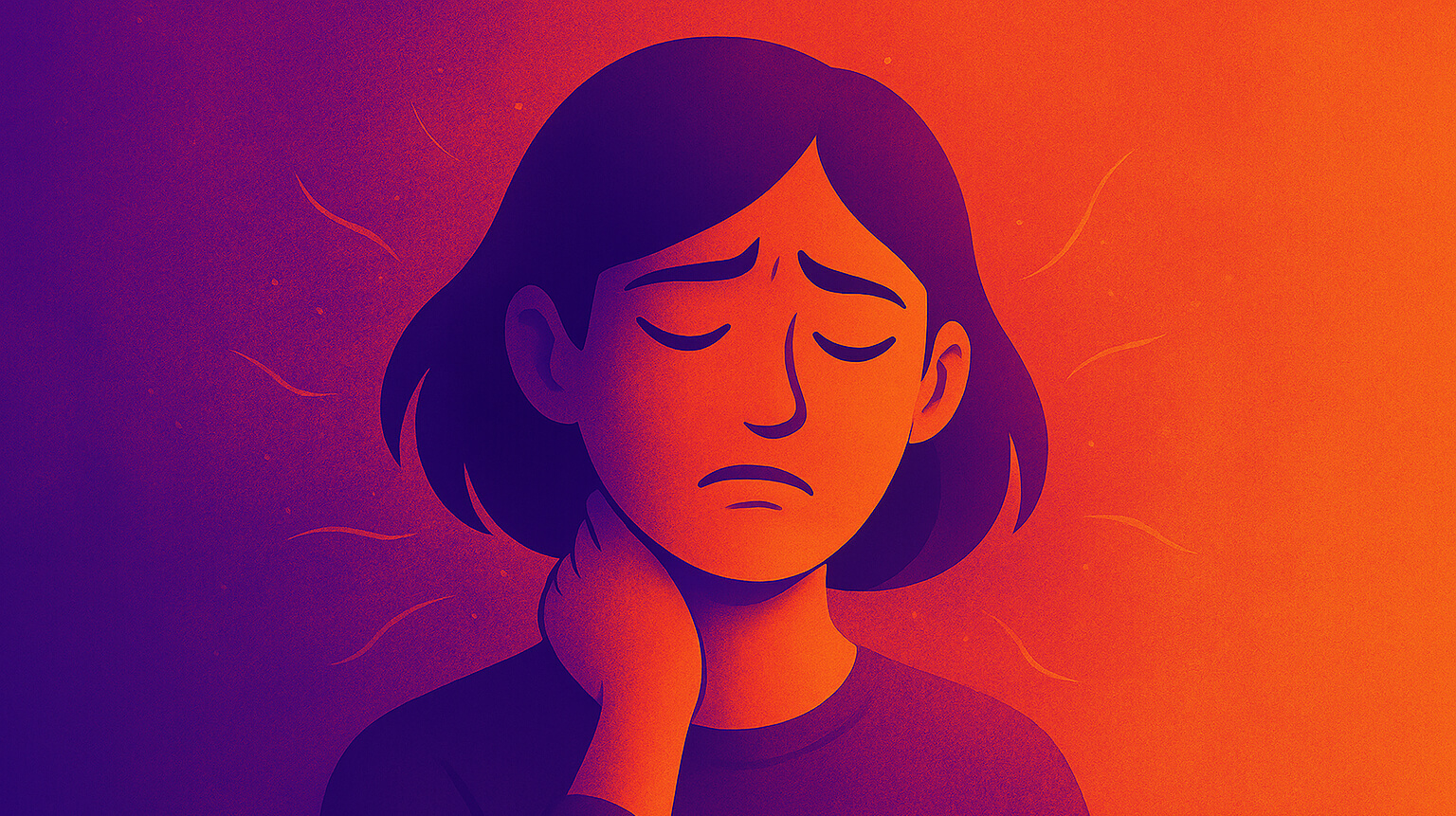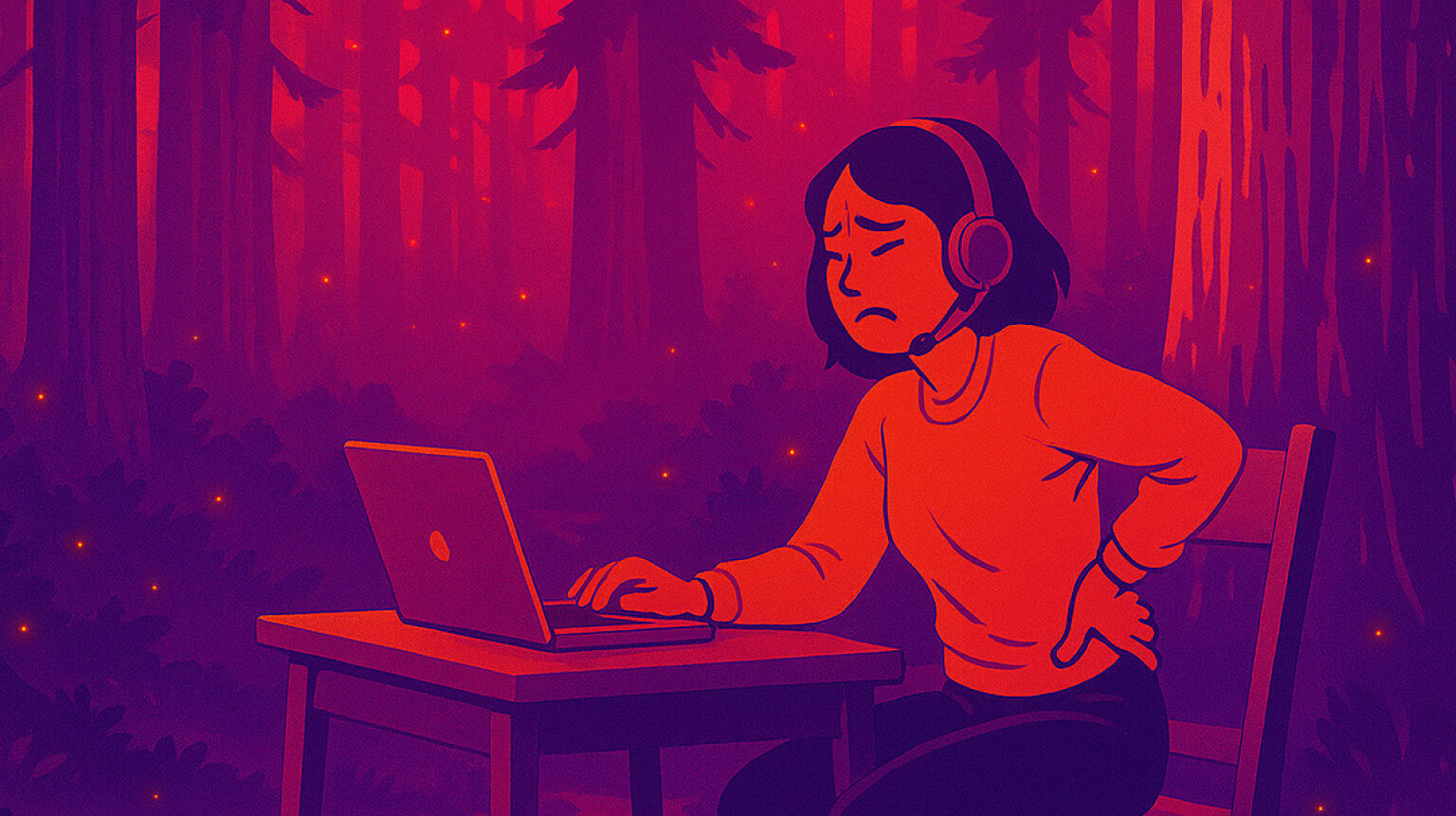The Influence of Late-Night Screens on Your Body’s Clock
Picture this: it’s nearing midnight, and although you feel a bit tired, you grab your phone for a final scroll through your favorite app. Before you know it, minutes turn into an hour, and that gentle urge to sleep is now buried under a flood of stimulating content. While this scenario feels familiar, there’s more happening beneath the surface than a casual pastime. Your body relies on a deeply ingrained rhythm—your internal clock—to know when it’s time to be awake and when it’s time to rest.
Darkness encourages the release of melatonin, a hormone that gently ushers you into sleep. Yet bright screens, loaded with blue light, send your brain a conflicting signal: “Stay awake, the sun is still shining!” This confusion means you may push your sleep time later and later, all while depriving yourself of the restorative rest you need.
In ancient times, the setting sun and the dim glow of moonlight were cues for relaxation and eventual sleep. Now, the artificial light from screens can trick your body into thinking the day hasn’t ended. This doesn’t just delay bedtime; it can also shift your entire sleep schedule over time. Before long, you might find yourself lying in bed, feeling tired but strangely restless, with sleep hovering just out of reach. Your bedroom, once a peaceful refuge, may start to feel like a battleground where your instincts for rest clash with artificial signals to stay awake.
How Blue Light Disrupts Sleep Quality
The challenge isn’t just about falling asleep—it’s also about staying asleep and experiencing the deep, quality rest your body craves. When you use screens right before bed, you’re not just sacrificing a few minutes of sleep at the start of the night; you might be compromising the overall quality of your sleep. Blue light stimulates parts of the brain that keep you alert, which can make it harder for you to transition into the deeper stages of sleep. Even if you manage to fall asleep, you might not enter those healing, restorative phases as easily or for as long.
This can lead to waking up multiple times during the night or experiencing more shallow sleep overall. As a result, the next morning may greet you with grogginess, irritability, and difficulty focusing—even if the clock shows you got a full eight hours. Over time, these subtle disruptions can accumulate, leaving you feeling drained and less resilient to stress. Sleep is the foundation upon which your mood, energy, and cognitive abilities rest.
Without a solid night’s sleep, small daily challenges can feel bigger, and your ability to work, learn, and interact with others may weaken. Essentially, late-night screen use erodes the very currency of good health: quality rest.
Simple Changes for Better Sleep
The good news is that you don’t need to overhaul your entire life to see an improvement. Start by carving out a small window of tech-free time before bed—30 minutes can make a big difference. In that short period, power down your devices, turn off unnecessary lights, and give your brain a chance to shift gears. Consider replacing the last scroll of the night with a calming ritual: a warm bath, a few gentle stretches, or reading a paper book by soft lamp light.
If going completely screen-free seems too tough, experiment with your device’s built-in “night mode,” which reduces the amount of blue light. Even dimming the screen or increasing the text size so you don’t have to stare as intently can help.
You might also think about reorganizing your sleep environment. Keep your phone or tablet out of arm’s reach. That way, you’re less likely to fall into the quicksand of late-night browsing. Over a week or two, these changes can slowly retrain your internal clock. You might notice that it becomes easier to nod off, and that your sleep feels more refreshing. With each day, morning sunlight could feel a little brighter, your mood a bit lighter, and your mind clearer.
Conclusion
At its core, reclaiming a good night’s rest is about respecting your body’s natural signals. Today’s technology can bring the world to your fingertips, but it can also keep you wired when you need to be winding down. By dialing back late-night screen time, you send a powerful message to your brain: the day is done, and it’s time to rest. With a few mindful adjustments—like setting device-free time before bed or embracing night modes—you can find balance. In doing so, you’re not only defending your sleep from the glow of a screen, but also preserving your energy, mood, and overall well-being for the day ahead.


